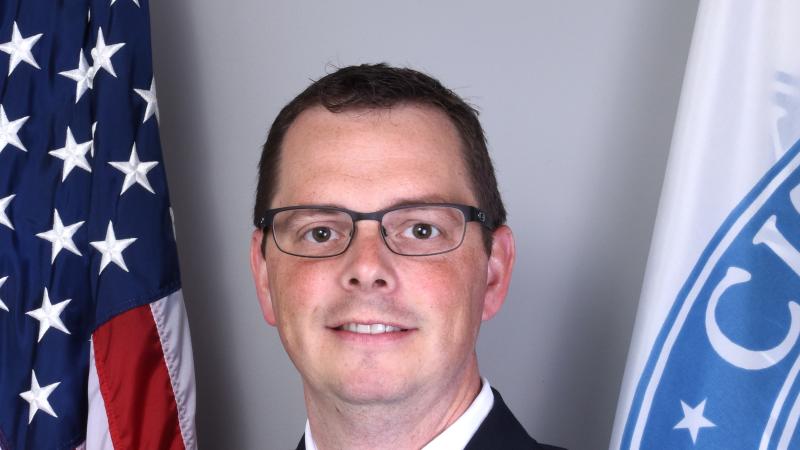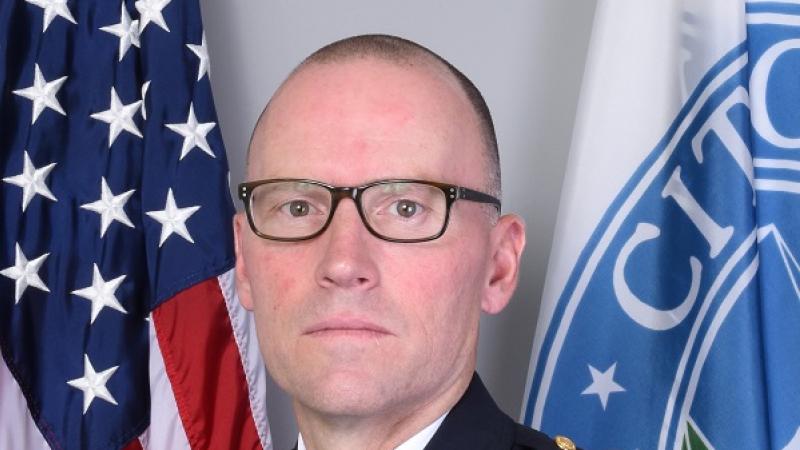Community Relations Division
Community Relations Division
The mission of the Community Relations Division (CRD) is to actively build positive relationships with the members of our communities and develop partnerships with all the stakeholders of the City of Alexandria.
The vision of CRD is that by working together the members of our community will see the members of the Alexandria Police Department as allies in the struggle for a better and safer community for all. That the partnerships that are established with community stakeholders will bring about more economically and socially stable neighborhoods

Acting Captain Courtney Ballantine,
Commander
courtney.ballantine@alexandriava.gov
703.746.6612

Lieutenant Mike May,
Assistant Commander
mike.may@alexandriava.gov
703.746.6894
Community Oriented Policing Unit
Community policing is a philosophy that promotes organizational strategies that support the systematic use of partnerships and problem-solving techniques to proactively address the immediate conditions that give rise to public safety issues such as crime, social disorder, and fear of crime. The Community Oriented Policing Section (COPS) assigns sworn police officers to specific neighborhoods. The COPS Officers actively build positive relationships with the residents of their neighborhood. They have the responsibility of ensuring order and safety within their designated communities.
Crime Prevention Unit
The Crime Prevention Unit coordinates the Department’s efforts to minimize crime through environmental planning and design (CPTED), community relations functions, and works to reduce or eliminate crime opportunities through citizen involvement in crime resistance. The Crime Prevention Unit also coordinates the Neighborhood Watch, Business Watch, and the National Night Out programs.
School Crossing Guard Unit
Rose McKall, Supervisor
rose.mckall@alexandriava.gov
703.746.6242
School Crossing Guards (SCGs) are selectively posted at points around each of the City’s 13 public elementary schools to ensure the safety of children and pedestrians crossing streets as they report to and depart from school each day. These uniformed "Guardian Angels " are a familiar presence to children and parents and many in the Unit have tenures of service to the community that literally span generations. The dedicated members of the Crossing Guard Unit are primarily responsible for the posting of perfect safety records year after year in Alexandria.
Volunteer Outreach Program
This program provides support to different sections within the police department so that staff can perform more tasks related to crime prevention and law enforcement activities. The program also provides opportunities for students to volunteer or earn academic credit through structured internships. While the Volunteer Program has been extremely successful, there are opportunities to expand and grow the number of volunteers that work within the police department.
Youth Engagement Program
Engaging with the youth in our community through summer enrichment programs like the Jr. Police Academy and the Police Youth Camp, school year partnerships like with ACPS and the Department of Recreation, and clubhouse activities at the Alexandria Boys and Girls Clubs. To intentionally develop and foster relationships between police and young people as they are working, learning, and having fun together. This helps facilitate positive relationships and open lines of communication.
Faith-Based Outreach Program
Community policing is not just about the relationship between individual neighborhood residents. It is also about the relationship between law enforcement leaders and the leaders of key institutions in a community such as the church and other faith-based organizations. The program coordinator will be responsible for building a network of faith-based organizations working collaboratively with the Police Department to improve the quality of life within its faith community and surrounding neighborhoods. This will include helping faith-based organizations build their capacity and leadership to meet community needs, particularly related to crisis situations and racial and ethnic relations.